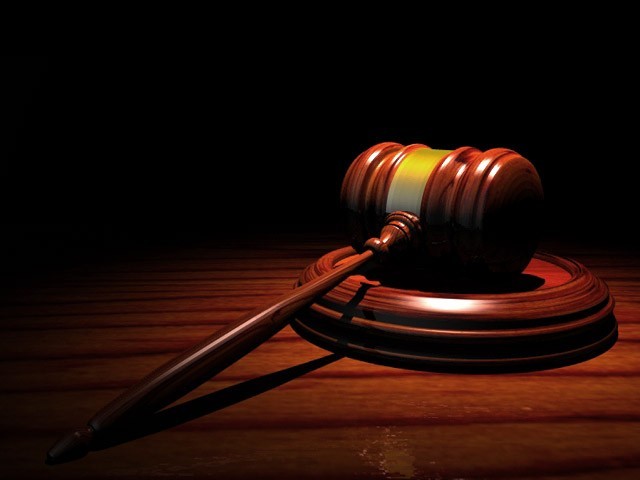ATLANTA - A judge's decision in a death penalty case to replace an indigent defendant's attorneys because the state couldn't pay them anymore has a human rights group crying foul and other Georgia lawyers wondering if they face the same fate amid a defense funding crisis.
The Southern Center for Human Rights filed a state Supreme Court petition Thursday challenging the ruling in Jamie Weis' case to dismiss his two private attorneys and assign salaried public defenders to represent him.
A similar ruling is being sought in the case of accused courthouse shooter Brian Nichols, and the human rights group's director, Stephen Bright, said there are other death penalty cases in Georgia where the issue has been raised.
``There's no question about the illegality of it,'' Bright said of Superior Court Judge Johnnie L Caldwell Jr.'s Nov. 26 decision in the Weis case.
He described the decision as unprecedented.
An assistant to Caldwell refused to put a call from The Associated Press seeking comment through to the judge on Thursday. She said the judge could not comment on a pending case.
At a Dec. 10 hearing, a transcript of which was provided to the AP, Caldwell made clear his ruling will stand until a higher court says otherwise.
``I guess the Supreme Court will have to earn their money,'' Caldwell said, according to the transcript. ``And I'll try to continue to earn mine. We're going forward with this case until I get told differently.''
A funding crisis facing the Georgia Public Defender Standards Council has forced it to prioritize payment of counsel in certain indigent cases handled by private attorneys. It cut off funding to Weis' attorneys and Nichols' attorneys earlier this year.
As a result, judges are faced with the prospect of delaying murder trials for an indefinite period until the crisis is resolved, or taking action to move a case forward. In the Weis case, Caldwell decided to appoint public defenders who receive a salary for their services and whose costs may be easier to control.
Prosecutors have asked for a similar ruling in the Nichols case. No decision has been made by Superior Court Judge Hilton Fuller, who has delayed Nichols' trial indefinitely.
The human rights group's petition says Weis, charged with killing an elderly woman in Pike County in February 2006, wanted the two attorneys who had represented him for more than a year to stay on his case. It also says the replacement public defenders asked Caldwell to let them withdraw, but the judge refused.
``You cannot interrupt an ongoing attorney-client relationship,'' Bright said. ``Courts all over the country have held that.''
The petition by Bright's group, filed with the assistance of prominent Atlanta attorneys Ed Garland and Don Samuel, seeks to have Weis' original attorneys reinstated. It wasn't immediately known if the high court would hear the case, or if it did how long it would take to reach a decision.
Rick Malone, executive director of the Georgia Prosecuting Attorneys' Council, asserted that defendants only have a right to an attorney of their choosing if they pay for them.
``There's been a lot of mistakes in the indigent defense system,'' Malone said in an interview. ``That's frustrating to everybody, including judges.''
Malone said defense attorneys for indigent defendants in murder cases throughout Georgia will be watching the outcome in the Weis case.
``I suspect they would look at it and wonder if they face the same fate,'' Malone said.
Friday
July 18th, 2025
7:29PM









